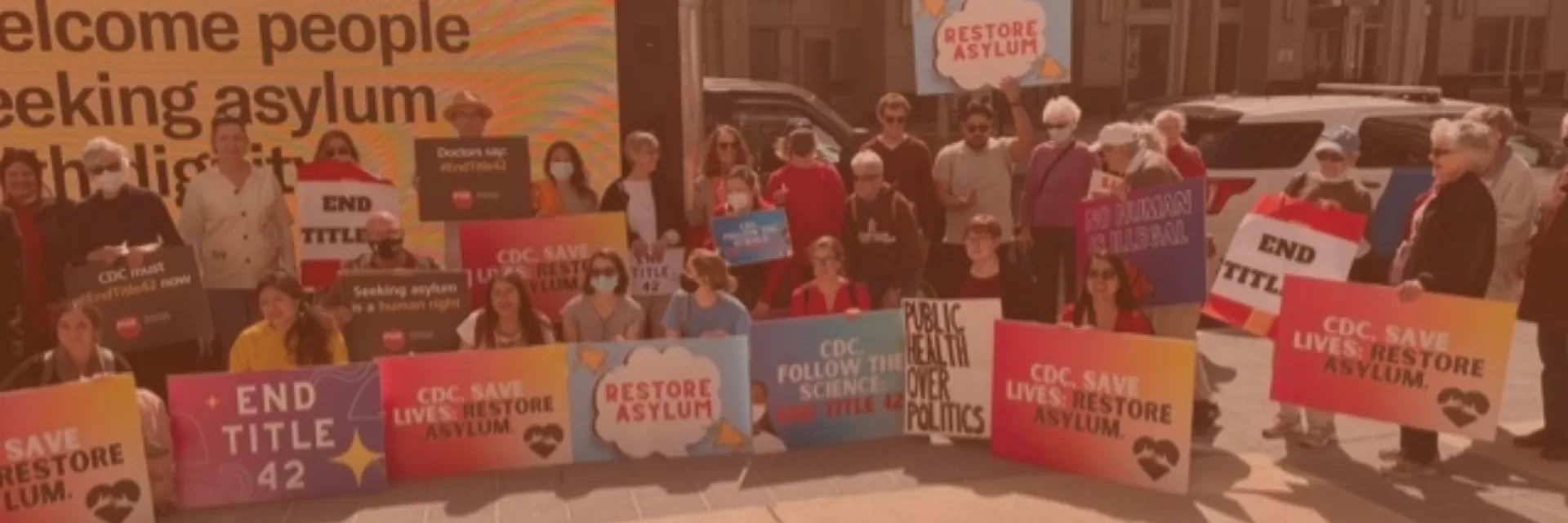Speaking Out in the age of Pope Francis
The tone of the conversation about reforming the Catholic Church has shifted dramatically since the Benedict years. Pope Francis has managed to completely change the dynamic of the Church's relationship with its followers and the broader world community. Many folks who have been working for years to bring social justice issues to the front of the Vatican's agenda are inspired to hear messages from the Pontiff that affirm their efforts.


